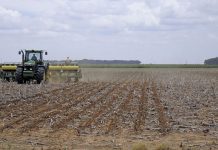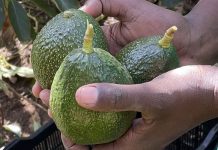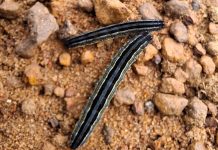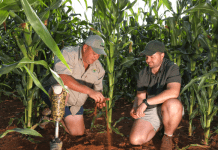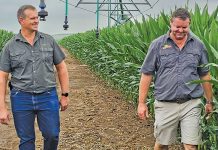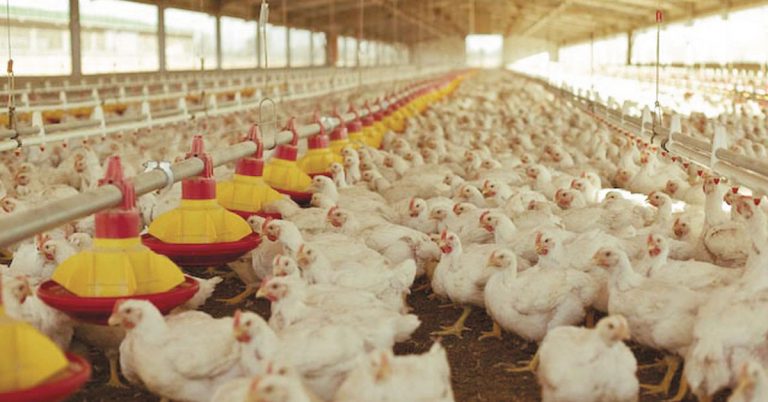
Photo: FW Archive
During the recent riots in KwaZulu-Natal, looters stormed 10 farms and stole about two million birds. This was according to Izaak Breytenbach, general manager of the Broiler Organisation of the South African Poultry Association (SAPA).
“Unfortunately, these were breeder birds and commercial layer birds,” Breytenbach said.
The poultry industry is concerned about the impact last week’s riots and looting will have on the spread of avian influenza (AI) due to a break in biosecurity measures on numerous farms.
“In the past month we’ve only had two new cases of bird flu, but during the looting biosecurity measures were ignored, which could lead to an [increase in numbers] again,” he said
Breytenbach added that the industry was also concerned about the high incidence of AI amongst wild birds.
“About 50% of all reported AI infections has been found in wild birds and the infection rate is still very high. In April it was only reported in waterbirds, but now it’s been recorded in pelicans, falcons and bulbuls. So even though we have the problem contained amongst our chickens, the threat remains.”
Despite numbers of reported incidences declining, farmers were urged to be on alert and to report any signs of AI to their nearest State Veterinarian for immediate investigation.
The following signs are commonly seen in birds infected with highly pathogenic avian influenza:
- Quietness and extreme depression;
- Sudden drop in production of eggs, many of which are soft-shelled or shell-less;
- Wattle and combs become red and swollen;
- Swelling of the skin under the eyes;
- Coughing, sneezing and nervousness signs;
- Diarrhoea;
- Haemorrhages (blood spots) on the hock;
All poultry farmers, as well as those who kept birds as a hobby, were encouraged to implement the following biosecurity measures:
- Keep birds away from areas that are visited by wild birds;
- Control access of people and equipment to poultry houses;
- Avoid provision of water and food in a way that may attract wild birds; Rather feed free-range birds undercover or inside a confined structure;
- Maintain proper disinfection of the property, poultry houses and equipment;
- Avoid the introduction of birds of unknown disease status into your flock(s).
*This article was edited on 27 July. A previous version of this article incorrectly stated that arsonists burnt down a Rainbow chicken processing plant. It was in fact a cold store not belonging to a poultry company that burnt down.

